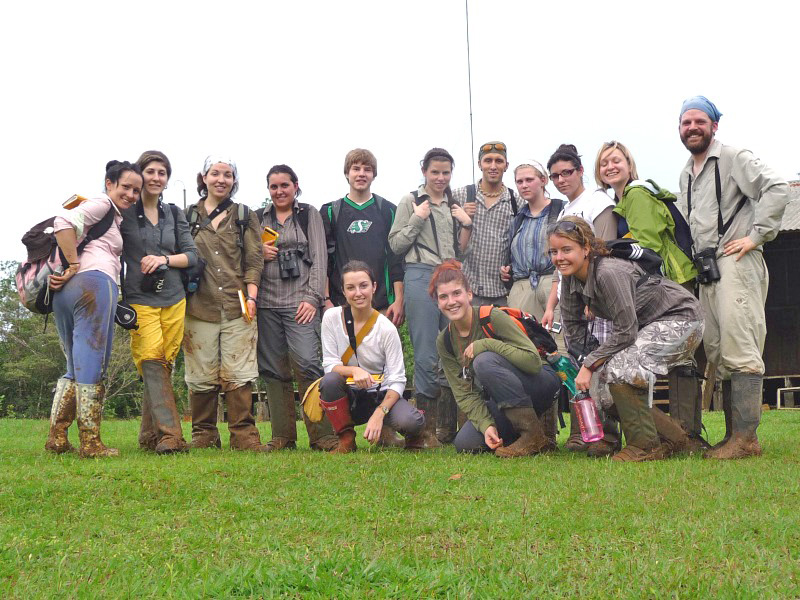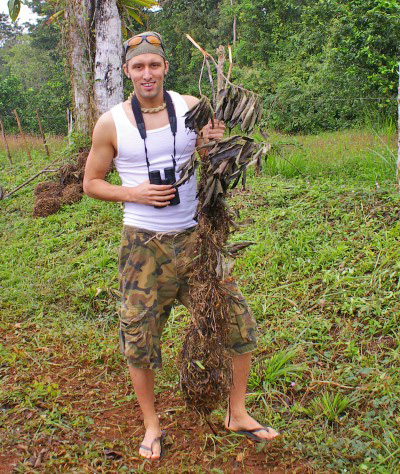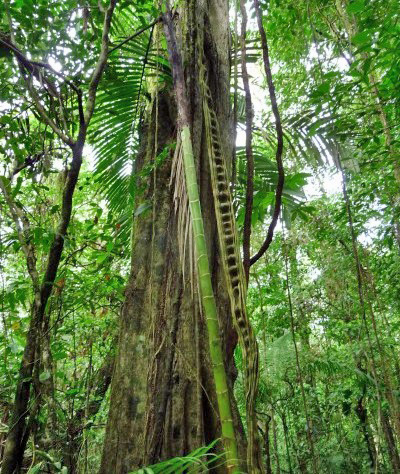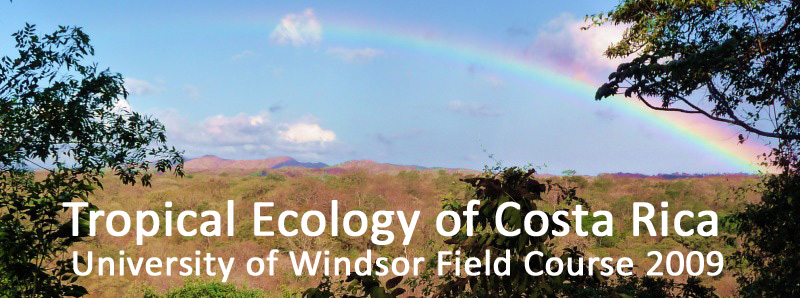 |
||
|
In
February 2009, twelve students from the University
of Windsor took part in a hands-on field course studying the tropical
ecology of Costa Rica with Drs. Stephanie Doucet and Daniel Mennill.
The course involved studying the flora and fauna of Neotropical Dry
Forests and tropical Rainforests as well as short visits to other
ecosystems. This page is a photo album that shows the activities of the
field
course through lenses of the students' and professors' cameras.
|
||
|
Surveying the three volcanos of northern Costa Rica from the Monument To The Heros in Santa Rosa National Park. |
||
|
A ctenosaur
(black spiny-tailed iguana) in
Santa Rosa National Park.
|
Learning about the mutualisms between plants and ants. |
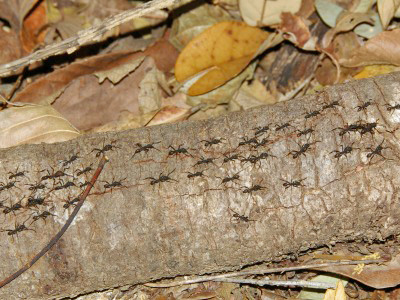 A line of army
ants crosses a log in the tropical forest.
|
The 2009
Tropical Ecology field course. From left to right: Dan Mennill,
Stéphanie Doucet, Sheeva Nakhaie, Sara Sampietro, Blue Raasch,
Katie Millette, Sanja Bezarevic, Jillian Faraci, Andrea Cervi, Josh
Martin, Danielle Gough, Mackenzie Browning, Sulienne Thomas, Sean
Parlee.
|
||
Watching basilisks in Santa Rosa National Park. |
Waiting for animals to visit the watering hole at Basilisk Cliff. |
| A
white-faced capuchin monkey feeds on a bullhorn acacia in Santa Rosa
National Park. |
||
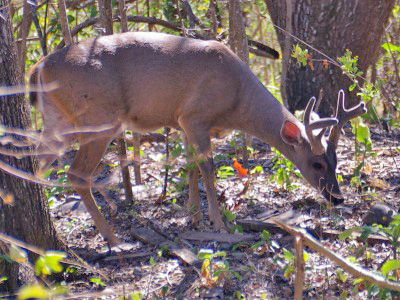 A male
white-tailed deer browsing in the Neotropical Dry Forest.
|
Hiking to the
mangroves at Playa Naranjo.
|
A yellow-headed
gecko in Santa Rosa National Park.
|
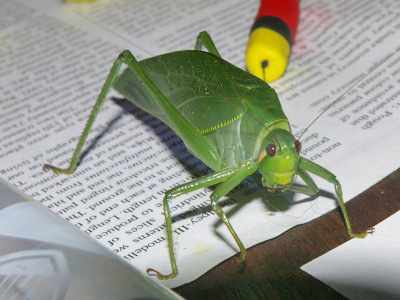 A katydid. |
Sulienne with a cecropia leaf. |
Andrea releases a Xenops. |
Stéphanie
holds a Plain-brown Woodcreeper.
|
Banding birds at
Pitilla Biological Station.
|
Sean and Katie feel the vibrations of a Pale-billed Woodpecker foraging at the top of a tree. |
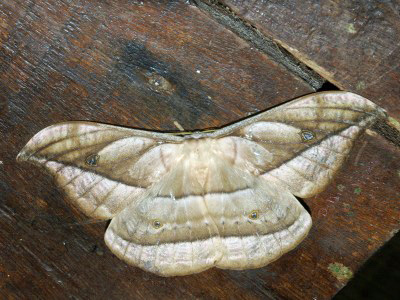 A tropical moth that visited our evening lecture. |
Mucha lluvia at
Pitilla Biological Station.
|
|
The field course
participants arrive at Las Bromelias Ecolodge (a.k.a. "Oscar's Place")
in the transitional rainforests on Rincon de la Vieja volcano.
|
|
Katie measures epiphytes on a freshly-fallen canopy tree for her Independent Project. |
Mackenzie Browning near the Montezuma's Oropendola colony that was the focus of her Independent Project. |
Sanja measures the red spots on the "Hoja de Duende" plant for her Independent Project. |
Sheeva observes pollination behaviour of Neotropical hummingbirds for her Independent Project. |
Sean measures capture efficiency of different styles of spider webs for his Independent Study. |
Jillian,
Sulienne, and Daneille conduct measurements on leaf-cutter ants for
their Independent Projects.
|
||
The mist-netting team with a Broad-billed Motmot. Josh studies distress calls of captured birds for his Independent Project. Sara studies vision in neotropical birds for her Independent Project. |
Blue studies parasite loads on Neotropical birds, such as this Olive Tanager, for her Independent Project. |
Andrea Cervi documenting the vocal behaviour of birds in response to playback. |
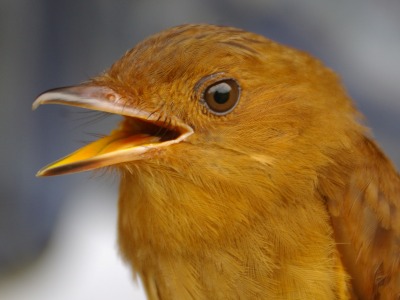 A Rufous Mourner. |
A Rufous-tailed Jacamar at Las Bromelias Ecolodge.
|
A tiny eyelash
pit-viper coiled on a vine.
|
A rare
White-tipped Sicklebill hummingbird captured at Las Bromelias Ecolodge.
|
A tawny-capped
Euphonia at Las Bromelias Ecolodge.
|
A massive
3-meter boa constrictor in the rainforest at Las Bromelias Ecolodge.
|
|
Crossing a
thermally-heated stream while hiking up Rincon de la Vieja volcano.
|
|
Stéphanie
shows off a tiny rainforest frog.
|
Said tiny frog.
|
A Keel-billed
Toucan.
|
A visit to a
lava flow from Rincon de la Vieja's last erruption.
|
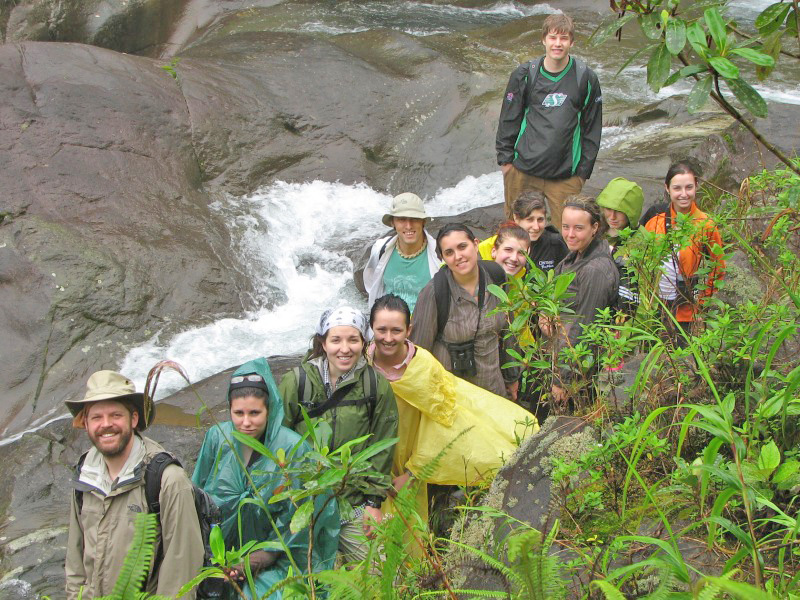
Crossing a
thermally-heated stream while hiking up Rincon de la Vieja volcano.
|
Spirits
undampened during a hike in the mud and rain.
|
|
|
Dan Mennill, Stéphanie Doucet, and the students of the 2009 Tropical Ecology of Costa Rica field course wish to sincerely thank the staff of the Guanacaste Conservation Area, especially Roger, Maria Marta, Maria Luisa, and Pina our cook at Pitilla Biological Station. We would like to thank Oscar, Johnny, and Theresa and everyone at Las Bromelias Ecolodge, an outstanding place for viewing wildlife on Rincon de la Vieja volcano. Our driver, Eladio, provided excellent transportation around Guanacaste (he can be reached at 506-691-0097 and he provides excellent guided tours and transportation around the Guanacaste area). Ontario students interested in field biology courses should visit the Ontario Universities Program in Field Biology webpage (http://bioserv2.mcmaster.ca/oupfb/) and University of Windsor students should visit the bulletin board on the first floor of the Biology Building. The next Tropical Ecology field course to be run by Dan and Stéphanie will take place in Costa Rica in February/March of 2010. |
|
| Return to Dan's Photo Page | Return to Dan Mennill's Homepage |
